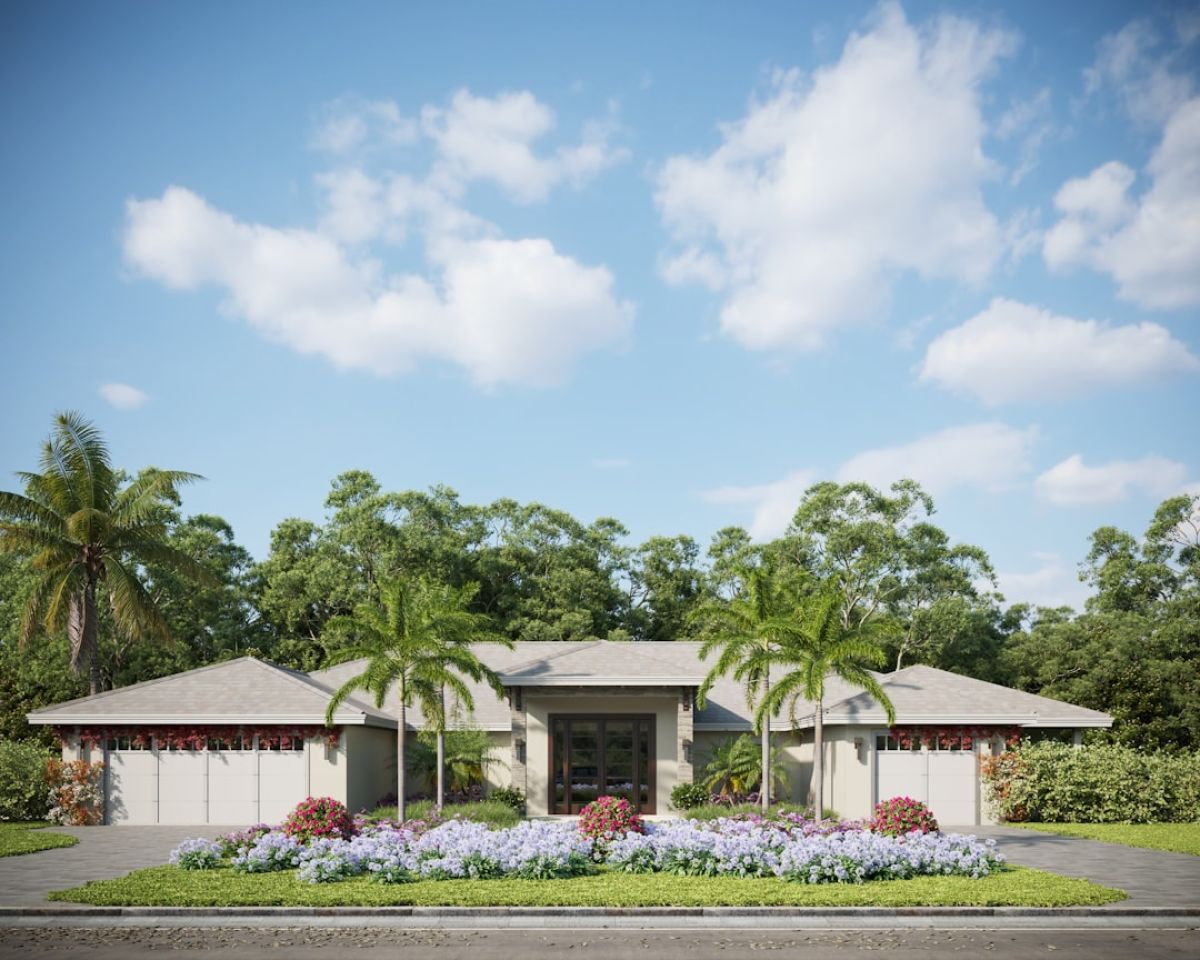Healing Hands in the Everglades: Wildlife Medicine in Naples

## Going Wild for Wildlife Medicine: A Deep Dive into Naples’ Amazing Animal Doctors
Hey there, Naples neighbors! Ever wonder what happens when a pelican gets tangled in fishing line, a gopher tortoise gets hit by a car, or a manatee needs a check-up? Well, buckle up, because today we’re taking a deep dive into the fascinating world of wildlife medicine right here in our beautiful corner of Southwest Florida.
We’re lucky to live in such a biodiverse paradise, sharing our space with an incredible array of creatures, from majestic panthers and playful dolphins to the tiny but mighty scrub jays. But living alongside wildlife comes with responsibility. Sometimes, our furry, feathered, and scaled neighbors need our help, and that’s where the heroes of wildlife medicine step in.
Think of it like your own doctor, but with a much wilder clientele. These dedicated veterinarians, technicians, and volunteers specialize in treating everything from common injuries to complex illnesses, all while navigating the unique challenges of working with wild animals.
So, what does wildlife medicine actually look like in Naples? Let’s explore!
**The Conservancy of Southwest Florida: A Haven for Healing**
Right in our backyard, The Conservancy of Southwest Florida plays a crucial role in rescuing, rehabilitating, and releasing injured wildlife. They operate a state-of-the-art von Arx Wildlife Hospital, where highly trained professionals work tirelessly to give injured and sick animals a second chance.
Imagine a baby burrowing owl falling out of its nest in Golden Gate Estates. A concerned citizen brings it to the Conservancy, where the team assesses its injuries, provides necessary medical care (maybe even some specialized owl formula!), and nurtures it back to health. Once strong enough, the owl is released back into its natural habitat, equipped to thrive once again.
The Conservancy’s work extends far beyond individual rescues. They also engage in vital research and conservation efforts, addressing broader issues like habitat loss, pollution, and human-wildlife conflict. They understand that treating the symptoms isn’t enough; we need to address the root causes to truly protect our wildlife.
**Specialized Care for Our Unique Species**
Naples is home to some truly unique creatures, and treating them requires specialized knowledge. Think about sea turtles, for instance. These ancient mariners face numerous threats, from entanglement in fishing gear to boat strikes and plastic ingestion. The Conservancy, along with partners like the Florida Fish and Wildlife Conservation Commission (FWC), has specialized teams dedicated to sea turtle rescue and rehabilitation. They perform intricate procedures, like removing fishing hooks or treating shell fractures, giving these magnificent creatures a fighting chance.
Then there’s the Florida panther, an iconic symbol of our state and a species critically endangered. Organizations like the Conservancy and FWC work collaboratively to monitor panther populations, treat injured individuals, and address the complex challenges they face, like habitat fragmentation and vehicle collisions.
**The Importance of Community Involvement**
Wildlife medicine isn’t just the domain of professionals. We all have a role to play. Here are a few ways you can help:
* **Be a responsible pet owner:** Keep cats indoors to prevent them from preying on native wildlife. Keep dogs on leashes in designated areas to avoid disturbing nesting birds or other animals.
* **Drive cautiously:** Especially in areas known for wildlife crossings, like along US 41 East or near Corkscrew Swamp Sanctuary. Slow down, be alert, and give animals the right of way.
* **Report injured wildlife:** If you encounter an injured animal, don’t try to handle it yourself. Contact the Conservancy of Southwest Florida or FWC immediately. They have the expertise and resources to provide the best possible care.
* **Reduce your impact:** Minimize your use of pesticides and herbicides, which can harm wildlife. Dispose of fishing line properly to prevent entanglement. Reduce, reuse, and recycle to minimize plastic pollution.
* **Support local organizations:** Donate your time or resources to organizations like the Conservancy that are working to protect our wildlife. Even a small contribution can make a big difference.
* **Educate yourself and others:** Learn about the amazing wildlife that shares our community and the challenges they face. Share this knowledge with friends and family to inspire a sense of stewardship and responsibility.
**The Future of Wildlife Medicine in Naples**
As our community grows and the pressures on our natural environment increase, the need for effective wildlife medicine will only become more critical. The Conservancy and other organizations are constantly innovating, exploring new technologies and techniques to improve their ability to care for injured wildlife. This includes advances in diagnostic imaging, surgical procedures, and rehabilitation protocols.
But the future of wildlife medicine isn’t just about technology. It’s also about collaboration. By working together – scientists, veterinarians, conservationists, policymakers, and everyday citizens – we can create a healthier future for our wildlife and the ecosystems they call home.
So, the next time you see a soaring osprey or a scurrying gopher tortoise, take a moment to appreciate the intricate web of life that connects us all. And remember the dedicated professionals and passionate volunteers who are working tirelessly to ensure that these amazing creatures continue to thrive in our beautiful Naples community. Because ultimately, protecting our wildlife is about protecting ourselves and the future of our planet. And that’s something we can all get wild about.